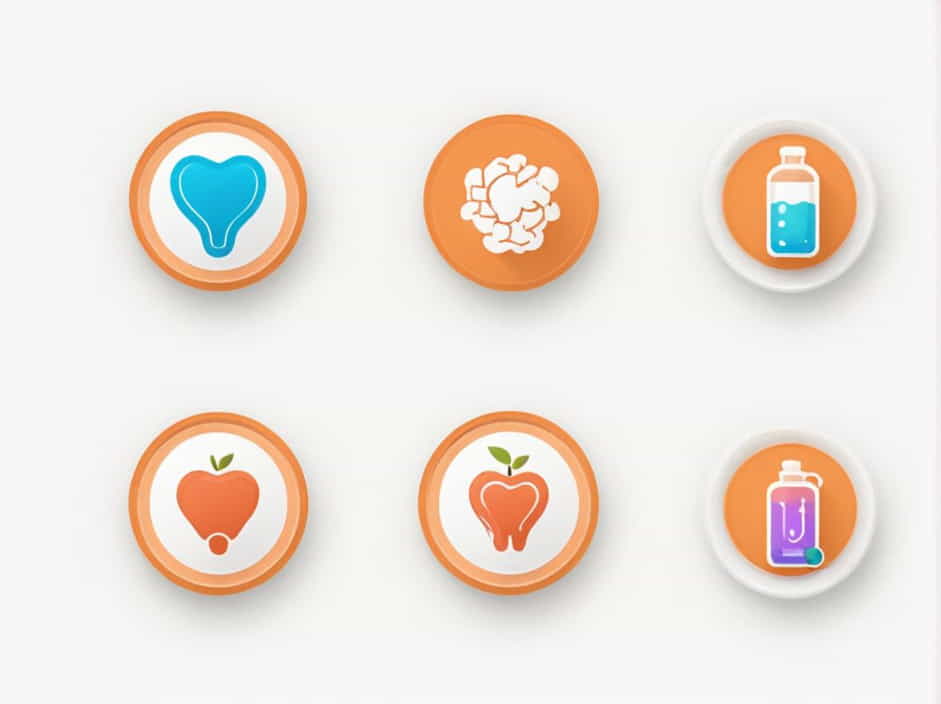The digestive system is responsible for breaking down food and absorbing nutrients essential for survival. The first step in this complex process is ingestion, which involves taking in food and liquids through the mouth.
Without ingestion, the body wouldn’t receive the nutrients needed for energy, growth, and overall health. But what exactly happens during ingestion, and why is it so important? This topic will explore the definition, process, functions, and importance of ingestion in digestion.
What Is Ingestion?
Definition of Ingestion
Ingestion is the process of taking food and drinks into the body through the mouth. It is the first stage of digestion and is followed by other processes like chewing, swallowing, and further digestion in the stomach and intestines.
Ingestion is voluntary, meaning it requires conscious effort, unlike later stages of digestion that happen automatically.
Key Functions of Ingestion
- Introducing food and liquids into the body
- Starting the breakdown of food through chewing
- Stimulating digestive enzymes through saliva
- Preparing food for further digestion and absorption
The Process of Ingestion
1. Taking in Food and Drinks
The ingestion process begins when a person places food or drinks in their mouth. This can involve eating solid foods, drinking liquids, or even consuming soft or semi-solid foods like yogurt.
2. Chewing (Mastication)
Once food enters the mouth, it undergoes chewing, also called mastication. Teeth break down food into smaller pieces, making it easier to swallow and digest.
During chewing, saliva is released by the salivary glands. Saliva contains enzymes like amylase, which start breaking down carbohydrates before they even reach the stomach.
3. Mixing Food with Saliva
Saliva moistens the food, making it easier to swallow. It also contains enzymes that help start the digestion process by breaking down starches into simpler sugars.
4. Forming a Bolus
As food is chewed and mixed with saliva, it forms a soft, rounded mass called a bolus. The bolus is easier to swallow and ensures smooth passage down the esophagus.
5. Swallowing (Deglutition)
Once the bolus is formed, the tongue pushes it toward the back of the mouth and into the throat. This triggers the swallowing reflex, which moves food from the mouth into the esophagus.
Swallowing occurs in three phases:
- Oral phase – The bolus is pushed to the back of the mouth.
- Pharyngeal phase – The epiglottis closes over the windpipe to prevent choking.
- Esophageal phase – The bolus moves down the esophagus toward the stomach.
At this point, ingestion is complete, and the next stage of digestion begins in the stomach.
Why Is Ingestion Important?
Ingestion is the first and most crucial step in digestion. Without it, the body wouldn’t receive the necessary nutrients to function properly. Here are some key reasons why ingestion is essential:
1. Provides Energy
Food contains carbohydrates, proteins, and fats that provide the body with energy. Ingestion ensures that these nutrients enter the digestive system to be processed and used efficiently.
2. Supports Growth and Repair
The body needs essential vitamins, minerals, and proteins for growth, tissue repair, and overall development. Without ingestion, the body wouldn’t get these vital nutrients.
3. Maintains Overall Health
Proper ingestion and digestion help maintain a strong immune system, healthy metabolism, and efficient bodily functions. Poor ingestion habits, such as eating too quickly or consuming unhealthy foods, can lead to digestive issues and long-term health problems.
4. Triggers Other Digestive Processes
Ingestion stimulates the production of digestive enzymes and acids, preparing the stomach and intestines for food breakdown and nutrient absorption.
The Role of Different Organs in Ingestion
Several organs work together to make ingestion efficient:
1. Mouth
The main organ of ingestion, the mouth is responsible for taking in food, chewing, and mixing it with saliva.
2. Tongue
The tongue helps move food around the mouth, mixes it with saliva, and pushes it toward the throat for swallowing.
3. Teeth
Teeth break down food into smaller pieces, making it easier to digest. Different types of teeth have specific functions:
- Incisors – Cut food into smaller pieces
- Canines – Tear and grip food
- Molars – Grind food into a fine paste
4. Salivary Glands
These glands produce saliva, which contains enzymes that start digesting carbohydrates and help in swallowing.
5. Throat (Pharynx) and Esophagus
The throat and esophagus act as pathways for food to travel from the mouth to the stomach. The esophagus moves food using peristalsis, a series of muscle contractions.
Common Ingestion-Related Problems
1. Difficulty Swallowing (Dysphagia)
Some people experience difficulty swallowing due to conditions like neurological disorders, throat infections, or acid reflux.
2. Poor Chewing Habits
Not chewing food properly can lead to digestive issues, as larger food ptopics are harder to break down in the stomach.
3. Dry Mouth (Xerostomia)
A lack of saliva production can make ingestion difficult and uncomfortable, affecting the digestion of food.
4. Choking
Eating too fast or not chewing food properly can block the airway, leading to choking hazards.
How to Improve Ingestion for Better Digestion
To ensure smooth ingestion and better digestion, follow these simple tips:
1. Eat Slowly and Chew Thoroughly
Chewing food properly helps break it down and mixes it with saliva, making digestion easier.
2. Stay Hydrated
Drinking enough water helps saliva production and prevents dry mouth.
3. Avoid Large Bites
Taking smaller bites reduces the risk of choking and makes swallowing easier.
4. Maintain a Healthy Diet
Eating fiber-rich foods, lean proteins, and healthy fats supports good digestion and overall health.
5. Practice Good Oral Hygiene
Healthy teeth and gums improve chewing efficiency and reduce the risk of infections that can affect ingestion.
Ingestion is the first and most important step in digestion. It involves taking in food, chewing, mixing it with saliva, and swallowing it so the body can absorb essential nutrients.
This process ensures energy production, growth, and overall health. By maintaining good eating habits, staying hydrated, and chewing food properly, you can improve ingestion and promote a healthy digestive system.
